 Remember when camps were something you did for a week or two in the summer or maybe over a weekend with a scouting troop? High schoolers didn’t go to camps, they worked at them to save up money for college. Not anymore. At least not for high school athletes interested in playing at the college level.
Remember when camps were something you did for a week or two in the summer or maybe over a weekend with a scouting troop? High schoolers didn’t go to camps, they worked at them to save up money for college. Not anymore. At least not for high school athletes interested in playing at the college level.
Showcase camps are a convenient, although increasingly expensive, way to get recruited. Given that most college athletes don’t receive scholarships, it can be hard to see the ROI on attending showcase camps. It’s not that showcase camps (or prospect camps) are automatically a waste of money. But they’re certain to be if you make the following mistakes.


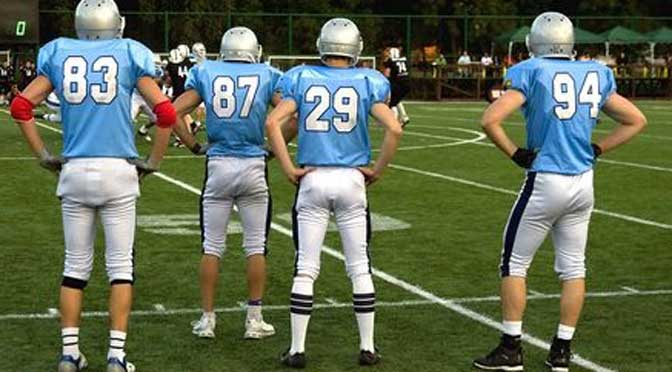
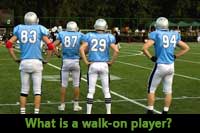 College athletes without a scholarship that play on a team that offers scholarships are generally referred to as “walk-ons.” Over time, the term has evolved such that now some people recognize three types of walk-ons. There are preferred walk-ons, recruited walk-ons, and just plain walk-ons. If you’re going to be a walk-on, “preferred” is definitely the way to go.
College athletes without a scholarship that play on a team that offers scholarships are generally referred to as “walk-ons.” Over time, the term has evolved such that now some people recognize three types of walk-ons. There are preferred walk-ons, recruited walk-ons, and just plain walk-ons. If you’re going to be a walk-on, “preferred” is definitely the way to go.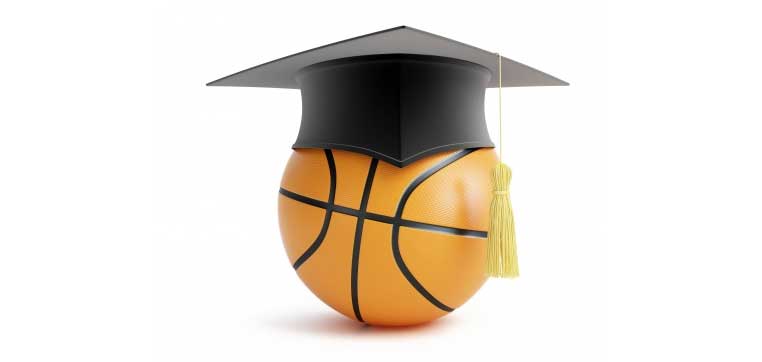


 There are a lot of athletes and their families that are expecting to play their sport in college. And far too many of them are actually counting on an
There are a lot of athletes and their families that are expecting to play their sport in college. And far too many of them are actually counting on an 
 My College Athletic
My College Athletic 


 If as a college athlete you don’t expect to make enough money from the Name, Image, and Likeness (NIL) rule to cover your own health insurance, don’t expect the NCAA to be picking up the tab. All college athletes are required by the NCAA to have healthcare insurance. The NCAA does not mandate colleges to pay the healthcare costs for athletes. Should a player be injured, the parent’s insurance is considered the primary insurance for paying for the athlete’s injury costs. This shouldn’t come as a surprise since the term “
If as a college athlete you don’t expect to make enough money from the Name, Image, and Likeness (NIL) rule to cover your own health insurance, don’t expect the NCAA to be picking up the tab. All college athletes are required by the NCAA to have healthcare insurance. The NCAA does not mandate colleges to pay the healthcare costs for athletes. Should a player be injured, the parent’s insurance is considered the primary insurance for paying for the athlete’s injury costs. This shouldn’t come as a surprise since the term “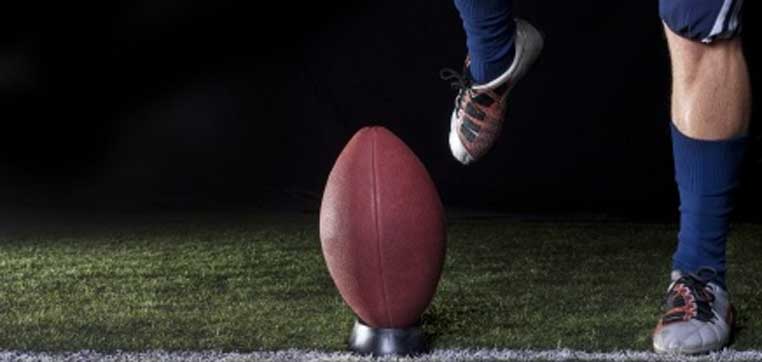

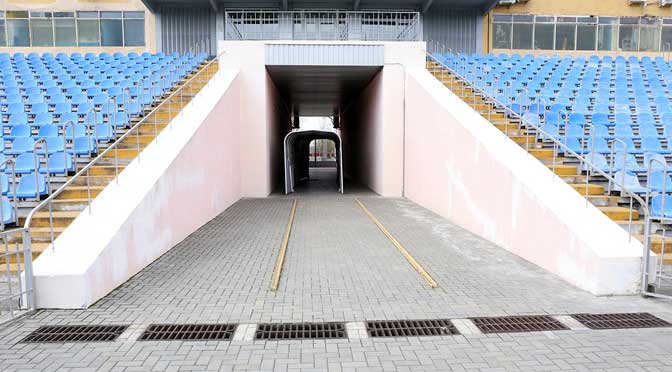
 I’m always amazed at how little players and their families know about athletic scholarships. Given that most of them have been justifying playing their sport for the chance at a college scholarship since middle school, you would think they would be better informed. Depending on the sport and division, scholarships can be very limited. It’s kind of like someone planning a trip to Europe and not realizing they need a passport for traveling. Yes, some of the stuff people are missing is pretty basic.
I’m always amazed at how little players and their families know about athletic scholarships. Given that most of them have been justifying playing their sport for the chance at a college scholarship since middle school, you would think they would be better informed. Depending on the sport and division, scholarships can be very limited. It’s kind of like someone planning a trip to Europe and not realizing they need a passport for traveling. Yes, some of the stuff people are missing is pretty basic.